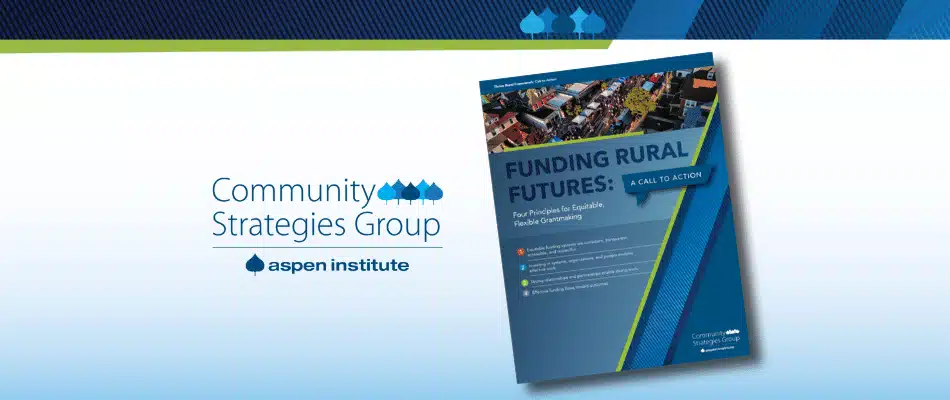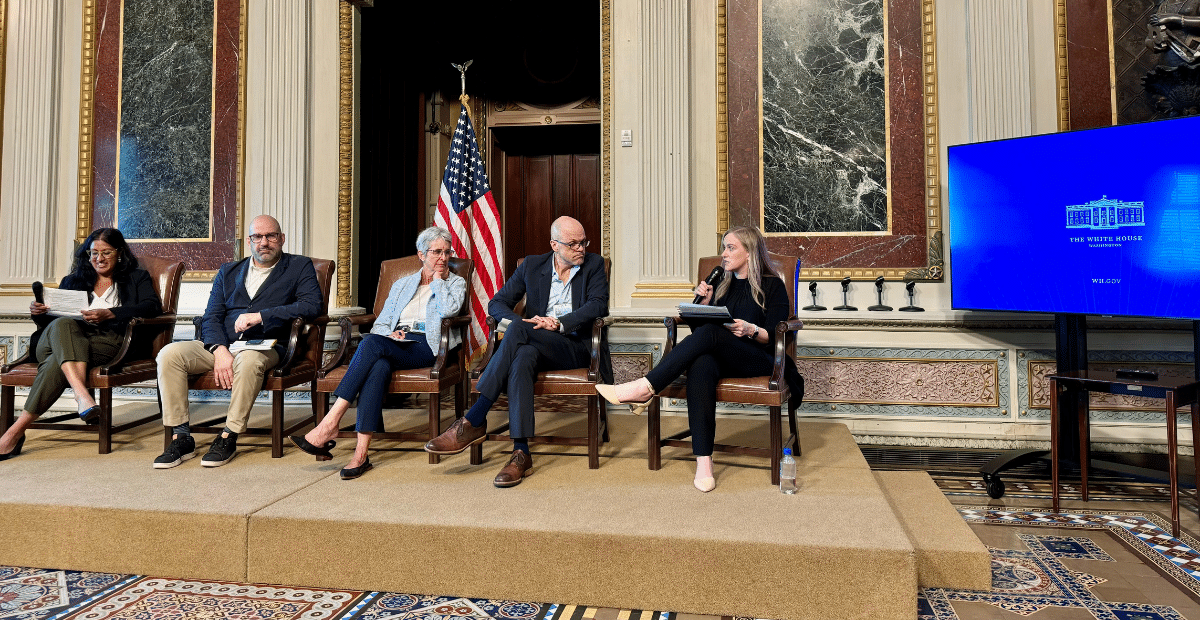Economic Sustainability for Rural Communities: A Path Forward with Outdoor Recreation
In the wake of significant economic transformations, including industrial offshoring, energy transition, and the mechanization of agriculture, rural and Native nation communities across the US are looking at how they can use their plentiful natural assets to drive economic development and employment in their regions. Encouraged by federal programs and philanthropic initiatives, many communities are turning to outdoor recreation as a primary economic strategy.
Outdoor recreation economies can be attractive for rural communities seeking sustainable and stable alternatives to fluctuating and environmentally damaging industries like energy extraction. Additional advantages of outdoor recreation development are the health and well-being benefits for the local community. However, the tourism sector has a history of inequitable outcomes, including generating wealth primarily for outside investors, providing mostly low-wage and seasonal employment for local people, and putting unsustainable pressure on local systems and resources.
As new rural outdoor recreation economies take root, we can meet this moment by improving how we do outdoor recreation development to better support rural families, businesses, and workers, create more sustainable and equitable economic systems, and improve local health and wellbeing. At its most fundamental level, this means intentionally designing an outdoor recreation strategy that serves regional residents and tourists differently.
Aspen CSG’s Mapping a New Terrain report explores elements needed to advance economic sustainability for rural outdoor recreation communities. This post highlights key strategies discussed in the report.
A Vision for Inclusive Rural Prosperity
The report begins with a forward-looking vision of rural communities that thrive through inclusive prosperity. It calls for dismantling systemic barriers that have long contributed to rural poverty and inequity. The emphasis is on holistic approaches that center people and place, acknowledging that rural development must prioritize the well-being of diverse populations, especially those in historically marginalized communities. The report points to the need for policies and practices that promote race, place, and class equity, ensuring that economic, social, and civic opportunities are accessible to everyone, regardless of their background or geography.
Five Core Principles for Lasting Impact
To build a sustainable future for rural communities, the report outlines five critical principles for equitable community & economic development:
- Advance local, equitable, sustainable ownership and control of outdoor recreation assets.
- Build resilient infrastructure that supports a flourishing community, including diverse outdoor recreation businesses and workers.
- Work regionally to build trust, achieve scale, and meet shared outdoor recreation challenges and opportunities.
- Respect the local landscape, people, and culture in the design and implementation of all development efforts.
- Design for equitable access to and participation in outdoor recreation activities.
Building Economic Sustainability for Rural Communities Through Collaboration
The report also highlights the importance of Rural Development Hubs as essential drivers of change. These hubs act as intermediary organizations that build capacity, develop networks, and bridge the gap between national policies and local action. Supporting these hubs can lead to more sustainable and resilient rural ecosystems, fostering inclusive economic growth.
Call to Action: Building a Movement for Rural Transformation
Rural and Indigenous outdoor recreation communities have learned important lessons about the value of planning ahead to address these issues. For example, without plans or support for worker or community ownership options, local family businesses related to outdoor recreation are at risk of being sold to or controlled by outside interests. Without careful planning related to housing and transportation, outdoor recreation communities risk displacing workers and fixed-income residents (Aspen, Colorado, the original headquarters of Aspen Institute, has been profiled as an example of this challenge). And without careful attention to the overall impact of outdoor recreation development, destination communities risk becoming hollowed-out “showplaces,” designed to serve visitors rather than residents.
Mapping a New Terrain includes recommendations for policymakers, funders, and rural development advocates. By investing in people, supporting local economies, and rethinking the rural narrative, we can create a future where people in all communities—regardless of race, place, or background—have the opportunity to thrive.







